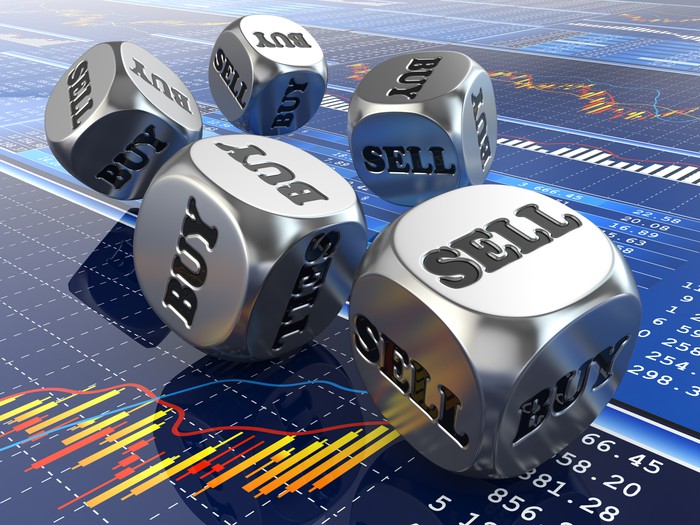Don't tell hipster millennials that their craft breweries are increasingly being purchased by "Big Beer." Source: Devil's Backbone Brewing Company/A-B InBev.
Anheuser-Busch InBev SA (BUD 0.22%) hopes you haven't been paying close attention to a conflict between its marketing and a recent string of acquisitions. The company's marketing of mass-market Budweiser and Bud Light brands, the latter being the best-selling beer in the United States, has drawn the ire of many in the craft-beer industry. Recent Budweiser ads boldly proclaimed its beer was "not a hobby," and its beer was "brewed for drinking, not dissecting."
But when A-B InBev isn't mocking "fussed over" craft brews, it spends its time buying them. The company recently purchased Virginia-based brewery Devil's Backbone for an undisclosed sum. USA Today reports A-B InBev has acquired eight U.S-based craft breweries since 2011, with Goose Island, Elysian Brewery, and Breckenridge Brewery being the most-notable craft-brew acquisitions.
A-B InBev is not alone in its acquisition spree. Both Constellation Brands and Molson Coors (TAP 3.34%) have snapped up craft brewers in an attempt to tap into this growing market.
Here's why craft beers are getting snapped up
It's easy to see why macrobrewers are buying craft brewers in an attempt to grow revenue. The Brewers Association estimates that craft brew sales rose 16%, to now claim 21% of the entire U.S. beer market, as Millennials have flocked to craft-beer offerings. AB-InBev's annual report highlighted this trend by reporting Goose Island produced double-digit North American growth, while overall revenue growth in this geography actually decreased. By buying up high-growth craft brewers, A-B InBev hopes to offset sluggish sales in its core Budweiser and Bud Light brands.
A-B InBev has attempted to reconnect its Budweiser and Bud Light brands to Millennials with its yearly "Whatever, USA" events, and a new Bud Light marketing campaign featuring popular comedians Seth Rogan and Amy Schumer. Still, overall North America volumes registered a 1.9% decrease in organic volumes last year, and AB InBev reports both Budweiser and Bud Light losing market share last year. AB InBev is not just buying beer brands, however; it's also strategically divesting itself of some beer brands.
A-B is selling brands, too... sort of
In November, A-B InBev decided to acquire another company. This was no craft brewer, however; it was A-B InBev's chief rival SABMiller (NASDAQOTH: SBMRF), for approximately $107 billion. Due to the tremendous worldwide market share both brands commanded, a series of divestitures were required to gain regulatory approval in both the U.S. and the EU.
In the United States, SABMIller would sell its 58% ownership of U.S.-based joint-venture MillerCoors to Molson Coors for an agreed-upon $12 billion. It would have been difficult for A-B InBev to gain regulatory approval without divesting SAB Miller's stake in the U.S.-based MillerCoors, as the company would have a majority stake of the top 10 domestic brewers in the United States by total sales.

Data Source: Statista.
Across the pond, A-B InBev and SABMiller have notified the European Commission of their intent to sell SABMiller's Peroni, Grolsch, and Meantime brands to Japan's Asahi Group for nearly $2.9 billion dollars. Bloomberg reports that the combined company will be the No. 1 or No. 2 brewer in 80% of the world's 30 largest beer markets. In the short run, this could curb A-B InBev and Molson Coors's U.S craft-brewer shopping binge while they work to integrate these new acquisitions with their existing businesses.





